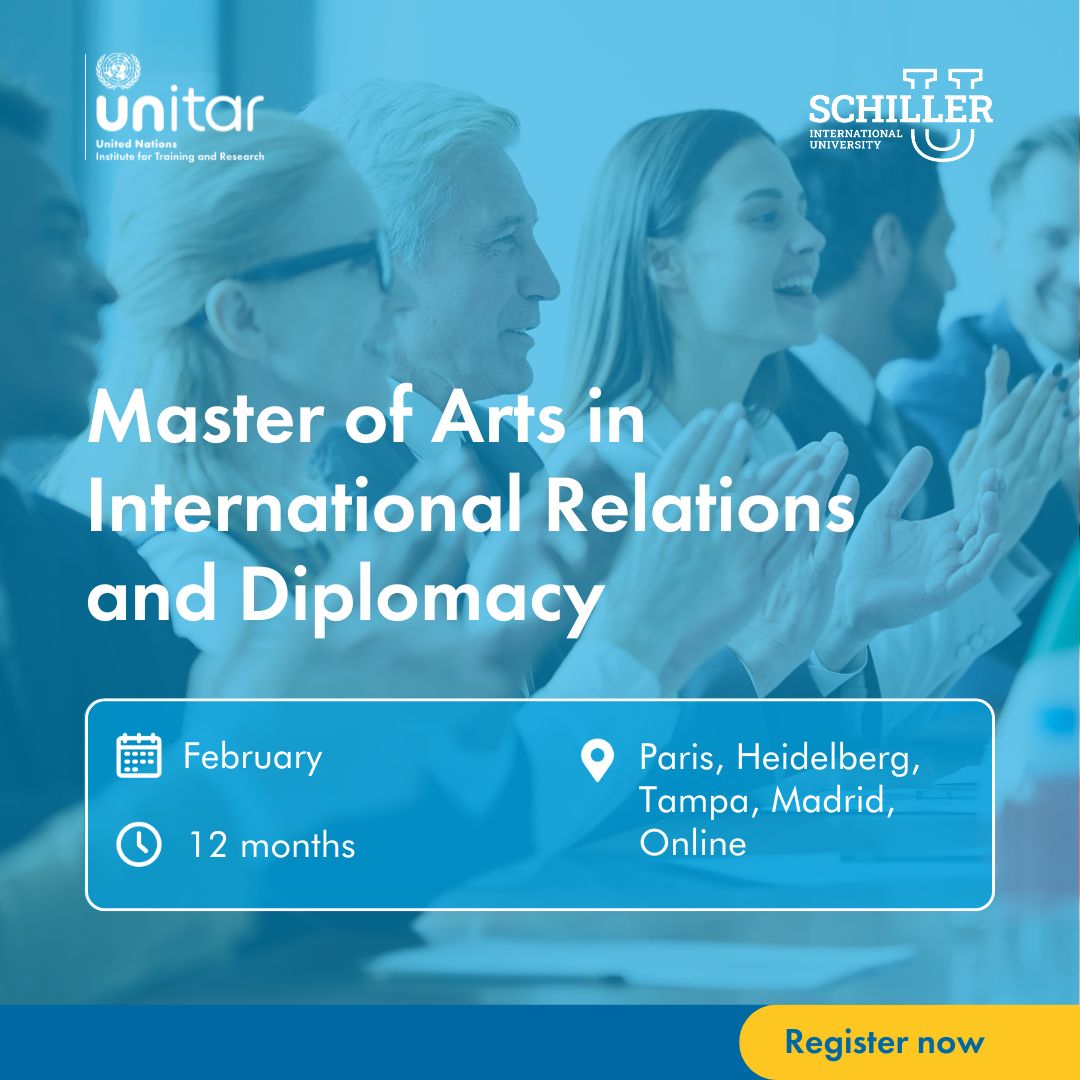Master of Arts in International Relations and Diplomacy
In today’s interconnected world, understanding the dynamics of international relations and diplomacy is crucial. For those aspiring to make a mark in global affairs, pursuing a Master of Arts in International Relations and Diplomacy could be the gateway. This advanced degree equips students with the skills and knowledge necessary to understand and influence the complex arena of international politics. In this article, we delve into the various facets of this specialized master’s program, its curriculum, career prospects, and how it addresses the ever-evolving global challenges.
Overview of Master of Arts in International Relations and Diplomacy
A Master of Arts in International Relations and Diplomacy (often abbreviated as MAIRD) is an advanced academic degree that combines theoretical knowledge with practical skills. It immerses students in the study of global issues, foreign policy, international economics, and diplomatic strategy. This program is designed for individuals seeking careers in government, international organizations, non-profits, or the private sector.
What are the features of Master of Arts in International Relations and Diplomacy ?
- Core Subjects:
- Introduction to International Relations: A foundational course covering basic concepts and theories.
- Diplomatic Practice: Focuses on the skills required for effective diplomacy, including negotiation and conflict resolution.
- International Law: Provides a comprehensive understanding of laws governing international relations.
- Electives:
- Regional Studies: Offers specialized knowledge about specific geographical areas.
- Global Security Issues: Analyzes contemporary security threats such as terrorism and cybersecurity.
- International Trade and Economics: Explores the economic aspects affecting global relations.
Career Opportunities Post Completion Master of Arts in International Relations and Diplomacy
Graduates of the MAIRD program have diverse career opportunities. This degree opens doors in various sectors, promising a future where graduates can be influential in global policy-making.
Potential Career Paths
- Diplomatic Service: Working with foreign ministries or embassies as diplomats.
- International Organizations: Roles in entities like the United Nations, where crafting and implementing policies is key.
- Non-Governmental Organizations (NGOs): Engaging in humanitarian or development efforts on a global scale.
- Private Sector: Positions in multinational corporations focusing on international business development or risk analysis.
Addressing Global Challenges Through Unitar of Master of Arts in International Relations and Diplomacy
Unit-specific courses like those offered by the United Nations Institute for Training and Research (Unitar) are vital. These courses provide unique perspectives and hands-on training in actual global diplomatic scenarios. Engaging with these courses:
- Enhances understanding of UN protocols and methodologies.
- Develops skills required for multilateral diplomacy.
For more information about Unitar’s offerings, visit Unitar Official Website.
Advantages for Choosing Master of Arts in International Relations and Diplomacy ?
Choosing a Master of Arts in International Relations and Diplomacy is a strategic decision for several reasons:
- Comprehensive Skill Set: Graduates gain analytical, communication, and negotiation skills critical for international settings.
- Interdisciplinary Approach: The program bridges various subjects providing a holistic understanding of global affairs.
- Networking Opportunities: Students interact with peers from various countries, building a network of professional contacts.
